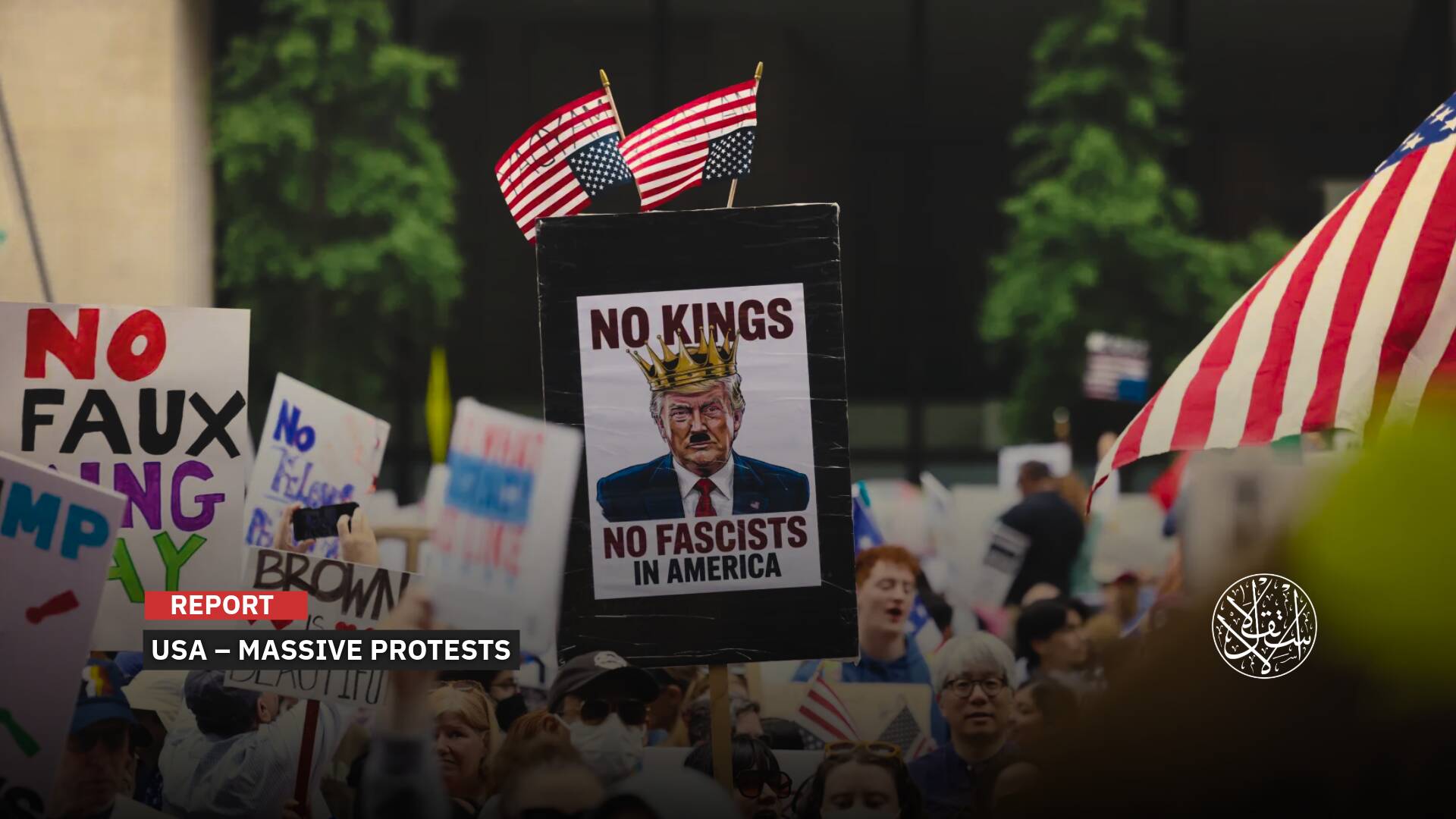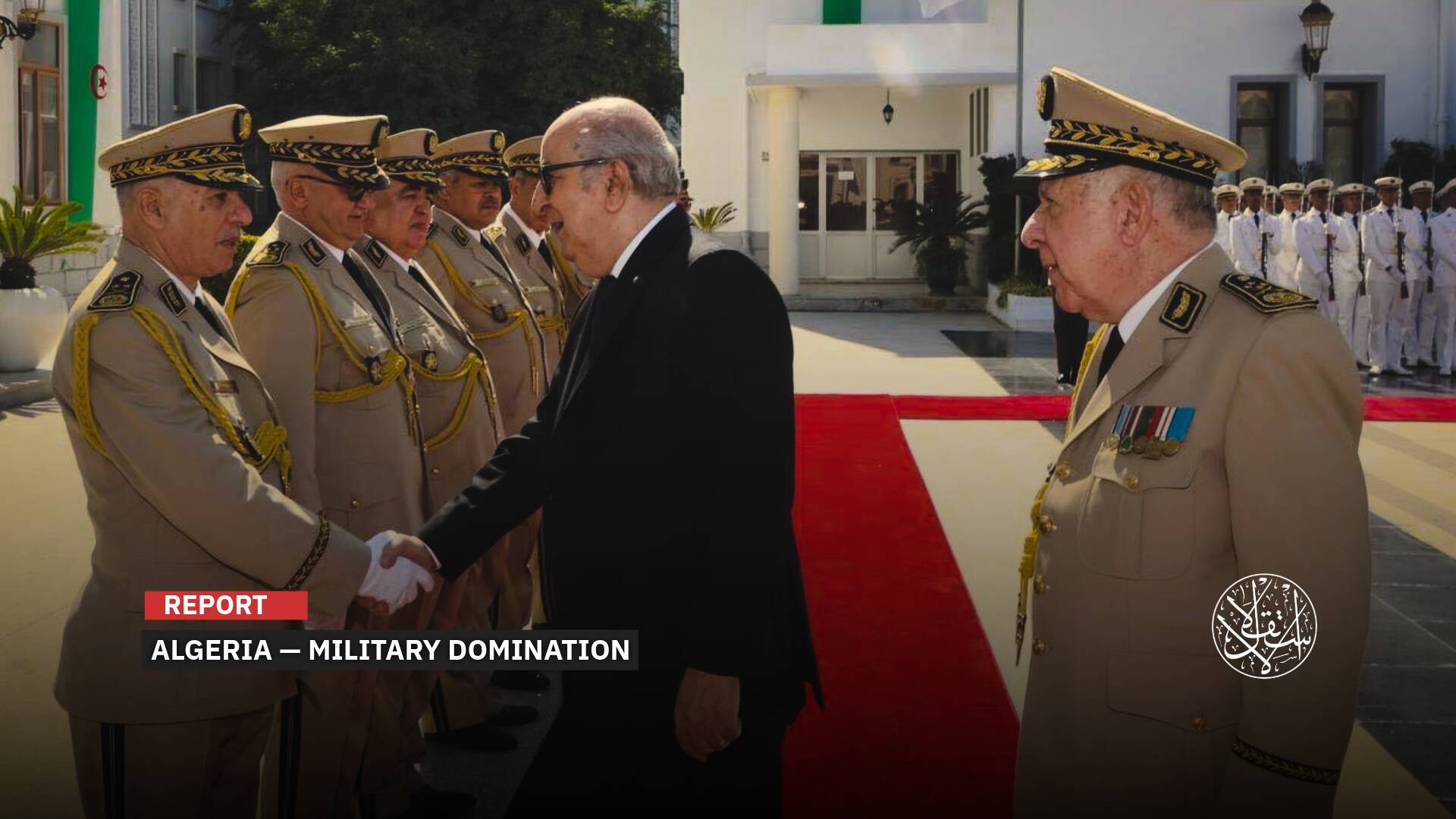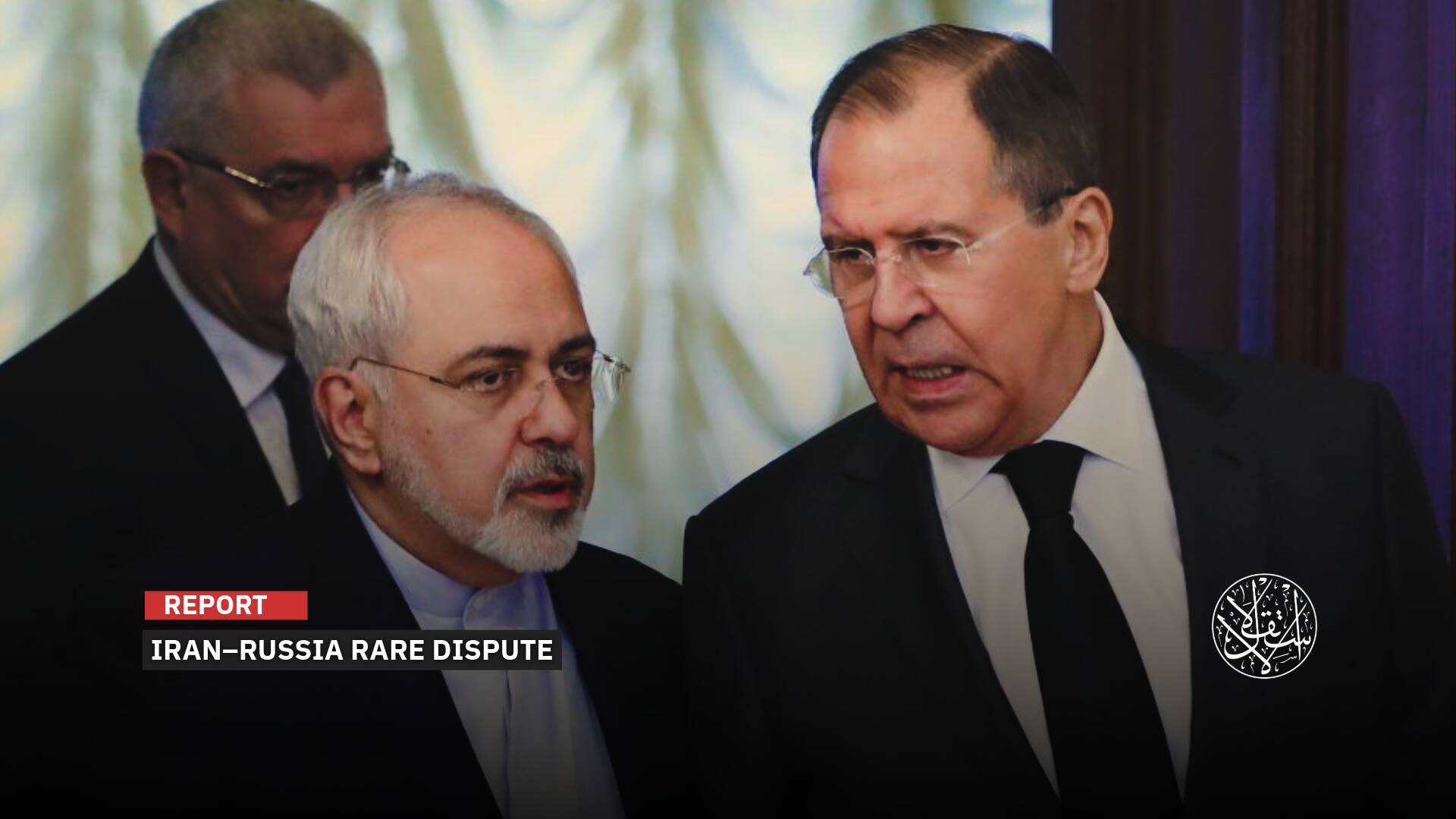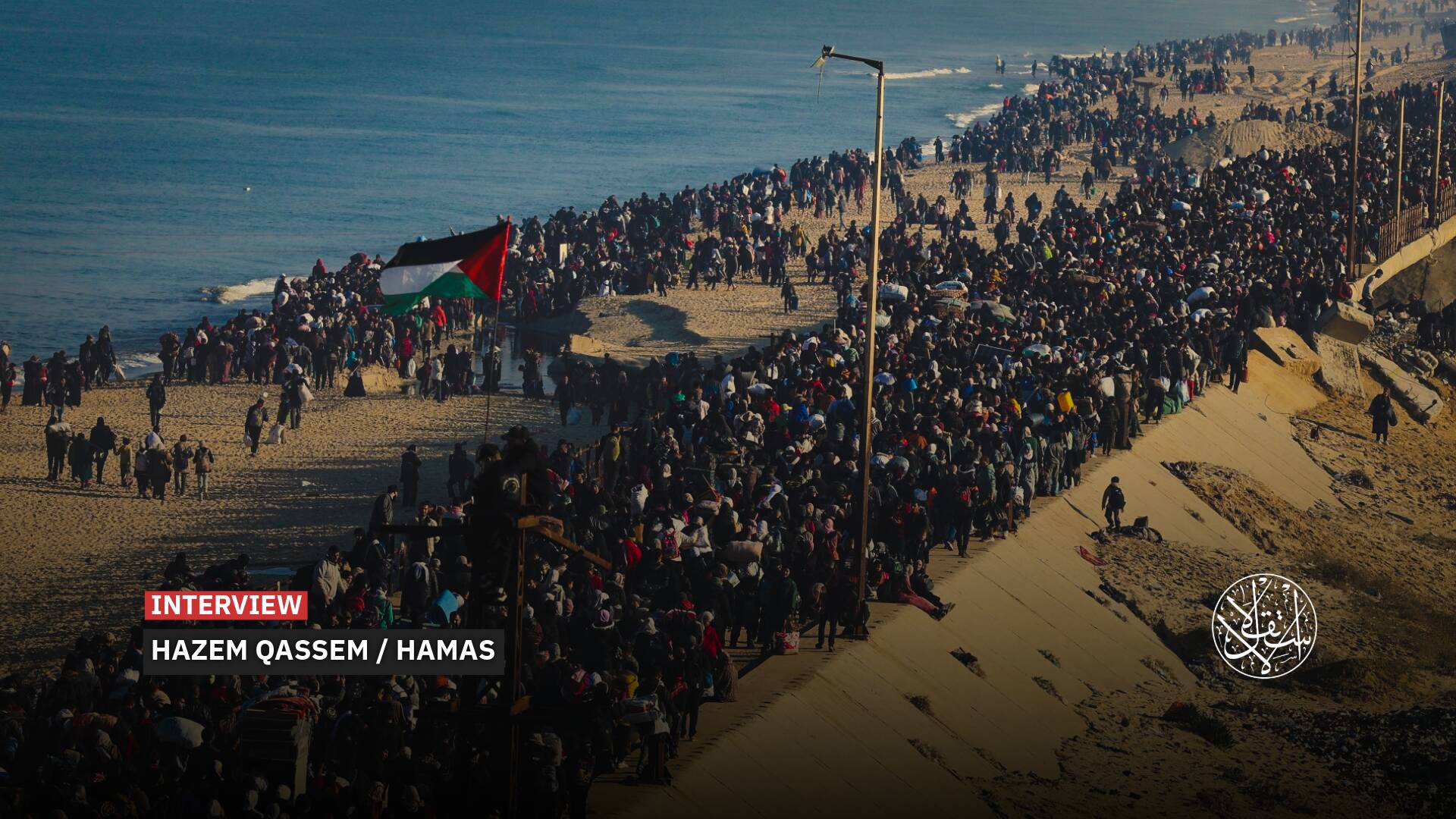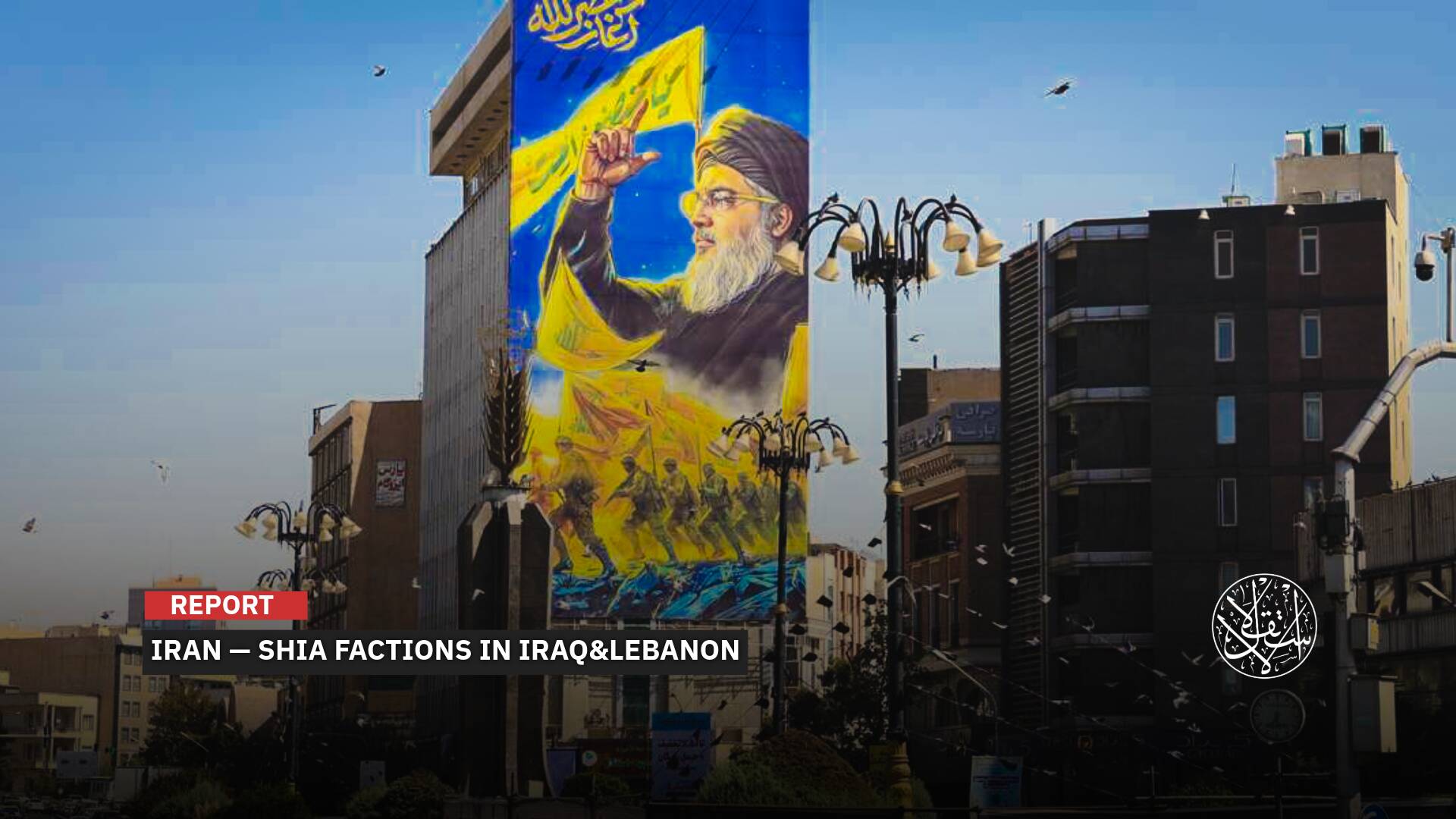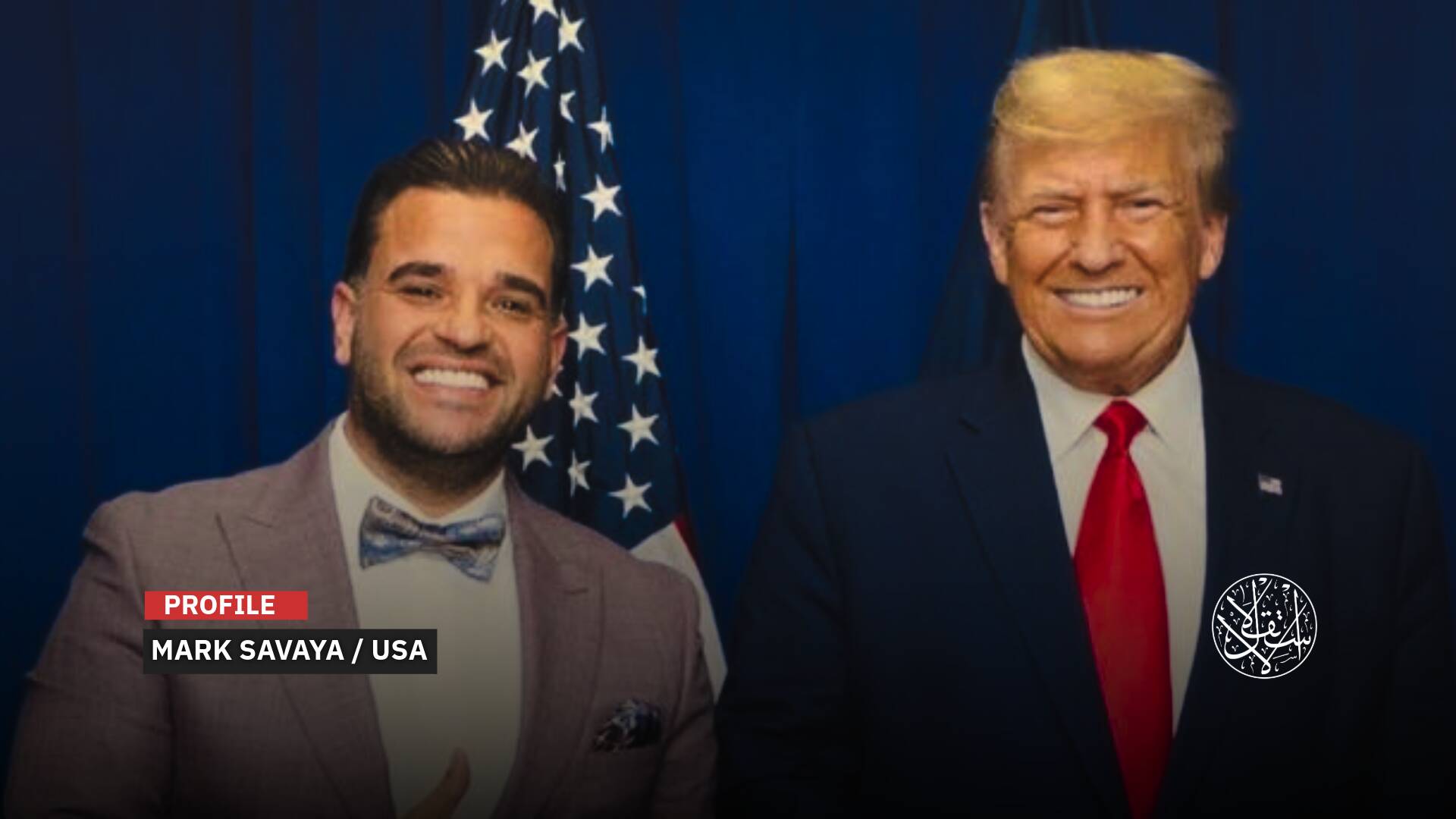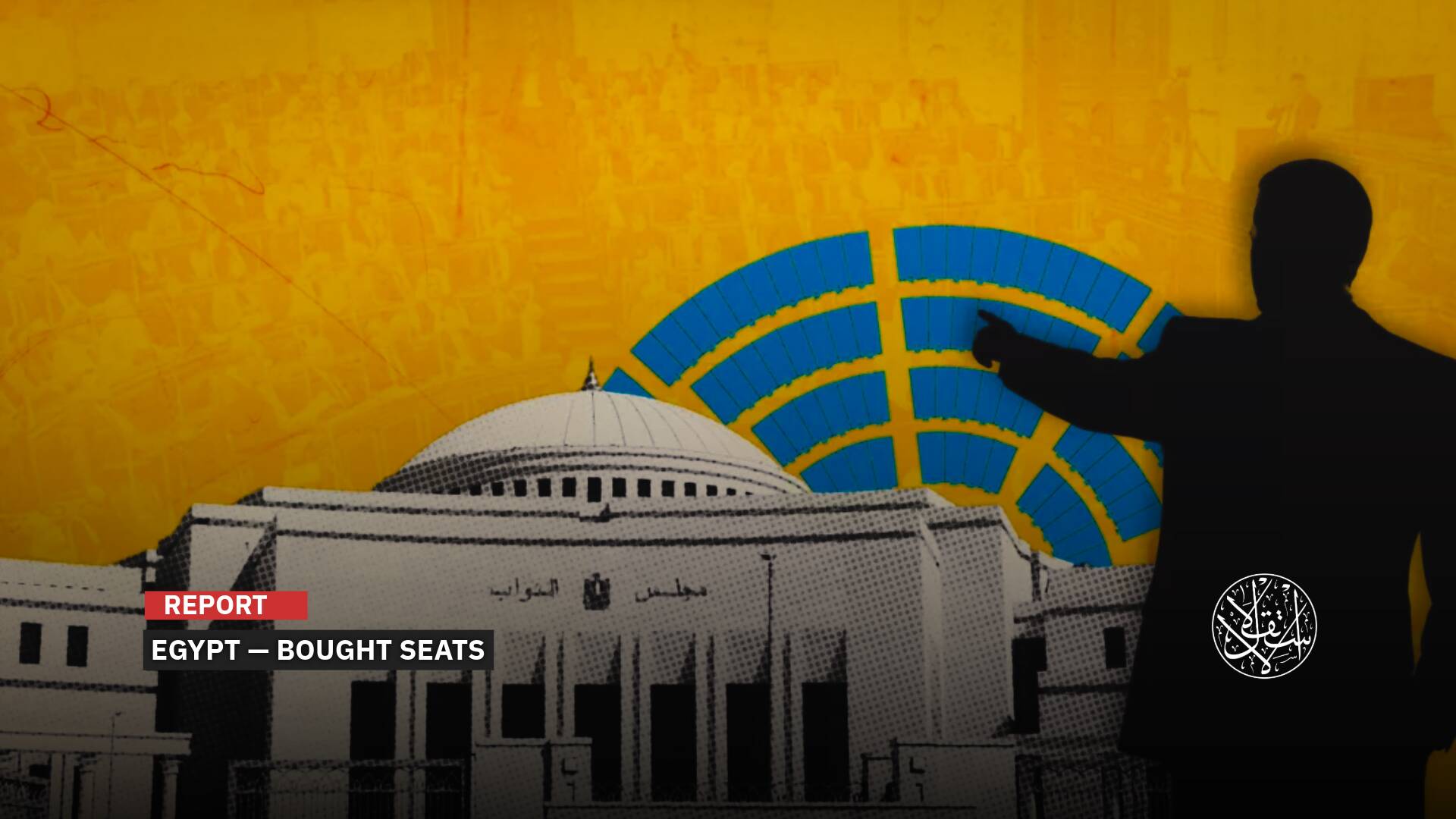600 Billion Dollars Angers Saudi Officials Against bin Salman

Years ago, specifically in early April 2016, then deputy crown prince of Saudi Arabia, Mohammed bin Salman, announced that he was planning to establish the largest “sovereign fund” on earth, worth two trillion dollars, for the post-oil era.
Years later, bin Salman became the crown prince and the most powerful man in the kingdom, but he did not keep his promise. Rather, the Saudi Wealth Fund has become a matter of controversy revealing bin Salman’s mismanagement.
On January 3, 2023, The Wall Street Journal published Saudi Crown Prince Tangles With Sovereign Wealth Fund Over How to Invest Oil Riches report, in which it stated that bin Salman angered senior financial officials because he is pushing small projects in the Public Investment Fund, including deals with Jared Kushner, son-in-law and advisor to former US President Donald Trump.
Mounting Fears
The American newspaper indicated that bin Salman had already put pressure on the management of the sovereign wealth fund, at a time when the Covid-19 pandemic sent global markets swooning in early 2020. “Saudi Arabia’s Crown Prince Mohammed bin Salman, sensing opportunity, pressed the country’s sovereign-wealth fund to go on an international stock-buying spree,” according to the report.
“The board of the Public Investment Fund, or PIF, resisted the move as too risky, but soon found itself overruled by an even higher authority, Prince Mohammed’s father, King Salman, according to an October podcast by the PIF governor, Yasir al-Rumayyan.”
Without sufficient liquid assets to satisfy the prince’s desire to move quickly, the PIF prevailed on the Saudi central bank to give it tens of billions of dollars, despite concerns from government officials that doing so might undermine the local currency’s peg to the dollar, according to people familiar with the matter
“Prince Mohammed, the PIF chairman, personally picked many of the stocks the fund bought, fast-tracking the purchases through an ad hoc committee that bypassed normal decision-making channels,” these people said.
“But the episode escalated a power struggle over the future of the world’s seventh-largest sovereign-wealth fund, now with $600 billion under management, according to interviews with current and former employees, consultants, and other people familiar with the fund,” the report said.
“The outcome will help shape the future of Saudi Arabia’s economy. The kingdom, flush with cash from higher oil prices, is aiming to grow the PIF into a $2 trillion behemoth by 2030,” it added.

The early shortcomings of the Public Investment Fund lie in the fact that the Crown Prince did not have sufficient experience and technical knowledge, and there were no successful operations for the fund that brought huge returns, in the absence of specific systems that give signs of a promising future, according to experts.
Therefore, disputes flared up between bin Salman and the fund managers in light of the bleak situation, as the fund’s employees and its board of directors mitigated, sometimes, the crown prince’s. A prime example is his close relationship with SoftBank CEO Masayoshi Son.
In August 2019, Son presented the Public Investment Fund with a “dangerous idea” affecting Saudi Arabia’s role as custodian of Islam’s holiest sites.
Son then proposed to earn more money from pilgrims in Makkah and Madinah and to double the annual number of visitors to 20 million by 2030.
Therefore, Son called on the “Second Vision Fund” of SoftBank and Saudi Arabia to invest in the project and spend $40 billion on its implementation.
The crown prince liked the idea, but the proposal did not go beyond the investment committees of the Public Investment Fund.
Some Saudi officials said the project would amount to an over-development of Islam’s holiest place and negatively affect the kingdom’s role and status in the Arab and Islamic worlds.
Unprecedented Pressure
In early December 2022, the Fitch Ratings credit agency warned the kingdom of the risks of slowing lending growth during 2023 and said that “if the central bank does not intervene to support additional liquidity, interbank interest rates could rise across the kingdom as well.”
According to Bloomberg’s report published in December 2022, the Saudi government is trying to assert its control over the banks’ capital costs, because the liquidity crisis threatens to undermine its ability to finance bin Salman’s projects.
For months, banking liquidity in Saudi Arabia has been under unprecedented pressure, as the expansion of credit exceeded the growth of deposits, according to the agency.

The most serious crisis that occurred in bin Salman’s management of the Wealth Fund, which sparked anger among officials, was in 2021 when Kushner sought to obtain billions of dollars from the Public Investment Fund for an investment fund focused only on the Middle East.
At that time, the Investment Committee of the Public Investment Fund categorically rejected the matter, despite Kushner’s strong relationship with bin Salman, because it found it “dangerous” to the fund and investments.
Kushner aimed to link the kingdom’s and the Arab Gulf’s funds with Israeli companies, especially those specialized in the technology sector, even though Saudi Arabia does not have diplomatic relations with the Israeli Occupation.
Kushner’s will would have almost failed completely had it not been for the crown prince’s strong intervention in this debate, and Kushner won in the end when he received two billion dollars in his private fund.

Personal Motives
Amid the Crown Prince’s mismanagement of “sovereign wealth funds” because of his lack of experience and arbitrary estimates, Kushner’s entry on the line confirmed the existence of purely personal motives and interests.
Trump’s son-in-law’s receipt of two billion dollars specifically shows that his relationship with bin Salman did not end with Trump’s departure from the White House, but rather continued in several ways.
The effectiveness of bin Salman in supporting Kushner also appeared among several leaks that have been circulated recently.
This was reported by The Washington Post on April 15, 2022, when it described the matter as a “suspicious deal” between Affinity Partners, a private equity company established by Kushner months after leaving the White House, and the sovereign wealth fund in Saudi Arabia.
The Washington Post talked about the reasons for this, including bin Salman’s gratitude for Kushner’s role in the Saudi-American rapprochement during the Trump era, and the most important bet is that the latter will return to the White House in the upcoming presidential elections.

The newspaper also indicated that there was an additional reason that prompted bin Salman not to hesitate to pay this amount to Kushner (from the funds of the sovereign wealth fund), which is his reward for his role in removing the former Saudi crown prince, Muhammad bin Nayef, from his path towards the mandate of the covenant, and then ruling kingdom in the future.
For her part, the American investigative journalist, Vicky Ward, published on April 17, 2022, via her blog, that “the money was possibly both an IOU for sympathetic foreign policy led by Kushner during the Trump years and also a bet by MBS on a return to the White House by Kushner’s father-in-law, Donald Trump.”
She considered bin Salman’s refusal to increase crude oil production when the current President Joe Biden’s administration asked for help in lowering gas prices, another sign of how bin Salman sees the relationship with Washington, and that the Saudi crown prince does not consider his government as an ally of the United States, but his alliance is only with one party in local partisan politics (the Republican Party).
Sources
- Saudi Crown Prince Tangles With Sovereign Wealth Fund Over How to Invest Oil Riches
- Bin Salman is pressuring the Saudi fund to complete deals for Kushner [Arabic]
- The growth of the Saudi Investment Fund: The Big Lie of Mohammed bin Salman [Arabic]
- For the first time, the Saudi Wealth Fund account is revealed [Arabic]
- The Saudi Sovereign Fund maintains its rank among the largest sovereign funds in the world [Arabic]



